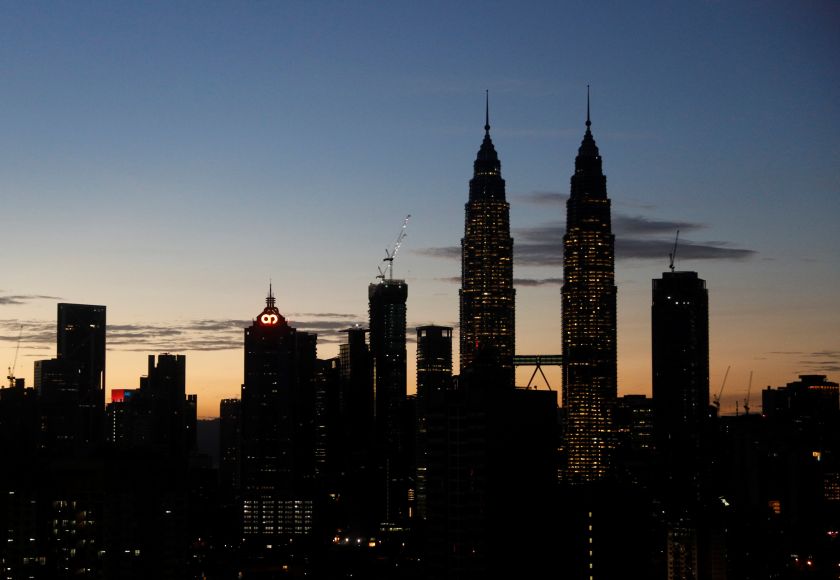KUALA LUMPUR, May 4 — Moody’s Investors Service has raised Malaysia’s gross domestic product (GDP) growth forecast for 2018 to 5.4 per cent from 5.2 per cent projected earlier, underpinned by a pipeline of large infrastructure projects that will stimulate both public and private investments.
“We expect Malaysia’s GDP growth to average 5.4 per cent in 2018, higher than the median of 3.5 per cent for A-rated sovereigns, but slightly lower than Bank Negara’s projected band of 5.5-6.0 per cent for 2018,” the rating agency said in a statement today.
Nevertheless, Moody’s said, the recent upturn in trade was unlikely to continue at a similar pace and government spending was unlikely to be as strong as it has been in the lead-up to the Parliamentary elections on May 9, 2018.
It said Malaysia was vulnerable to measures aimed at curtailing global trade, adding that an escalation in trade conflict would be negative for growth.
“Trade restrictions that are prolonged or more aggressive than those which were recently proposed by the United States (US) and China would impact Malaysia directly and indirectly.
“While the direct impact from the recent US tariff increases on Malaysia is limited, the US and China are the country’s two biggest trading partners after Singapore, accounting for 9.5 per cent and 13.5 per cent of total Malaysia’s exports in 2017, respectively, which suggests sizeable exposure,” it said.
Additionally, Moody’s said higher import duties to the US would inflict secondary effects on Malaysia because of its integrated supply chains — most notably through China, adding that the country may also be affected by a shift in demand and supply, as well as price dynamics of key inputs, including commodities.
On the 14th general election, Moody’s said credit implications would be determined by the impact of election results on existing government policies, with particular regard to fiscal consolidation and debt trend.
“Although domestic political risks have increased in recent years, they have not adversely affected policy reform, as the government has demonstrated its commitment to fiscal deficit reduction goals through past electoral cycles,” it said.
Both Barisan Nasional and the key Opposition party, Pakatan Harapan have unveiled their manifestos and specific spending programmes targeted at key voter bases.
The measures included raising minimum wage, greater cash handouts and relief for Federal Land Development Authority settlers.
Moody’s believed the programmes’ impact on the sovereign credit would depend on the way they are funded and whether they would have a negative effect by delaying government’s on-going efforts at fiscal consolidation. — Bernama






















